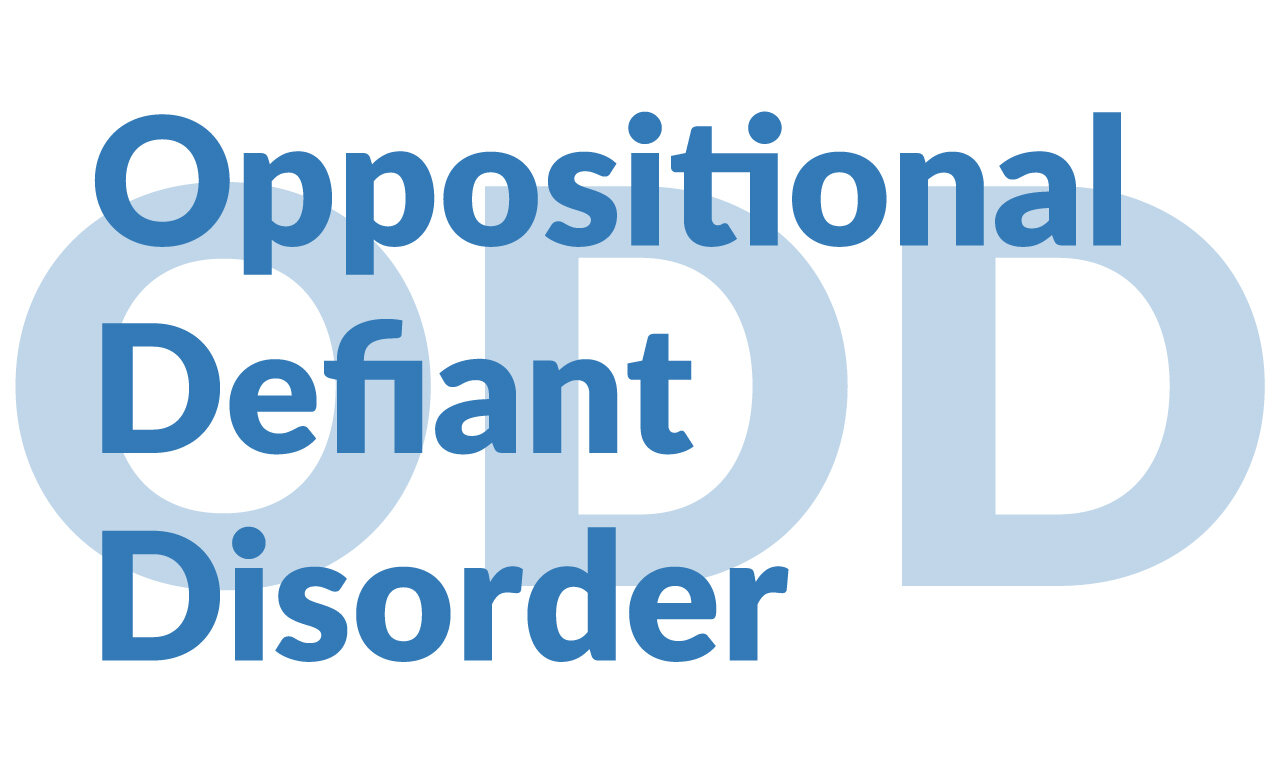Oppositional Defiant Disorder or ODD
Children often have a tendency to react differently to certain things. It’s an obvious response to a stimulus that makes them behave in a certain way. However, children with Oppositional Defiant Disorder or ODD fall on the extreme end of the reactivity spectrum. Such children have a well-established behavioral pattern that’s more extreme compared to children who don’t have the disorder.
Disruptive behavioral patterns in children are common, but it’s important to distinguish between oppositional defiant disorder and other behaviors. One way to do so is to figure out how serious children’s behavior is and for how long the behavior lasts. Generally, children diagnosed with ODD show extreme and disruptive behavioral issues for six months or more.
Diagnosis of ODD
Diagnosis of ODD in children can be provided by a therapist after conducting a detailed psychological evaluation. The most common challenge that they face during the process is differentiating ODD symptoms from any other co-occurring mental health or behavioral issues. Before coming up with a full-fledged therapy regimen, a therapist will typically look for the following symptoms of ODD:
Aggressive and irritable behavior
Arguments with authority figures
Frequent temper tantrums
Blaming
Vindictiveness
Therapy and counseling for ODD
Treatment for ODD includes a combination of psychological therapy and counseling, but family intervention is of utmost importance for successful symptom management and recovery. Therapy and counseling become pertinent to both parents and children, especially when other disorders, such as anxiety, ADHD, depression, or learning problems, exist along with ODD.
Therapy:
Individual therapy for the child with ODD provided by an expert therapist can help him or her learn to control negative emotions and express them in healthier ways. On the other hand, family therapy can greatly improve the relationship and communication within the familial dynamics to achieve a common objective—recovery.
Parent training:
Parents need regular counseling by an expert counselor who can help them develop the necessary parental skills to help their child. These sessions can help them cope with the negative consequences and teach them how to practice patience in the face of an adverse situation.
Problem-solving training:
This type of therapy for children with ODD proves extremely useful because it prepares them for the real world. During this training, a therapist helps the child identify negative thought patterns and replace them with positive ones to inculcate healthy behaviors. These sessions are quite collaborative in nature and gives the child an opportunity to learn how to solve problems and improve their lives.
Social skills training:
This training becomes a crucial component of the ODD therapy plan because it teaches the child the necessary interpersonal skills for forging healthy and long-lasting relationships with family and peers. These sessions help the child overcome deep-seated social barriers in the subconscious and pave the way for a more fulfilling life for the child.
Treating ODD in children is possible but demands patience and persistence on the part of parents, counselors, therapists and authority figures. With time, negative thinking patterns of the child will fade and personal transformation becomes greatly possible.
If you wish to get in touch with a therapist or a counselor, contact Collaborative Therapeutic Services, located in Tampa, FL.
NEED HELP?
Collaborative Therapeutic Services (CTS) wants to help. We offer a variety of counselling and therapy services, hours, and service providers with diverse specializations. We offer evening & weekend appointments in office or by TeleHealth conferencing.
Have questions? Contact Us Here or Call 813-951-7346. Located in Tampa, Florida. Ask us about our new NEUROLEASE® TREATMENT THERAPY - A cutting edge treatment for releasing toxic emotions.

